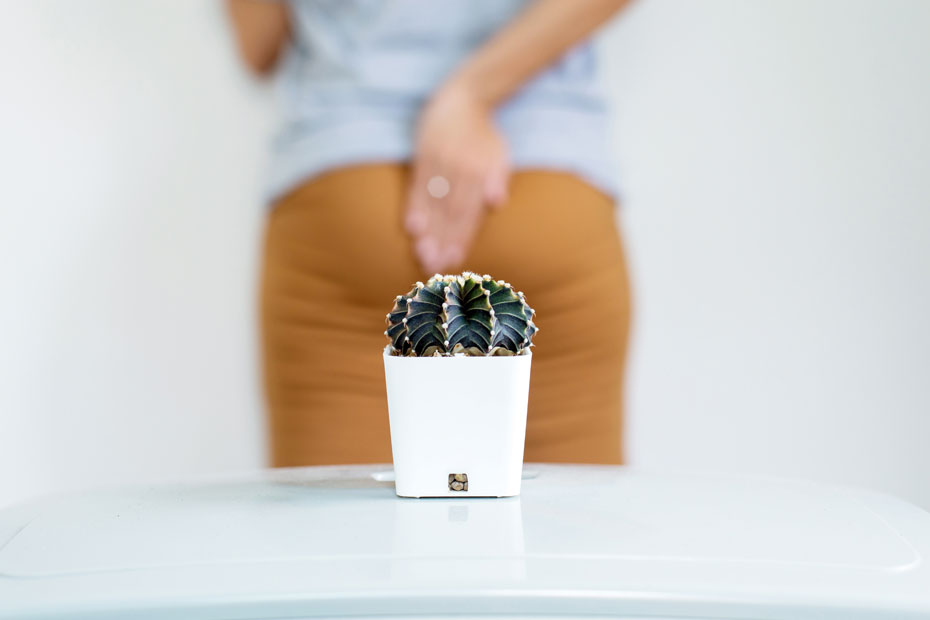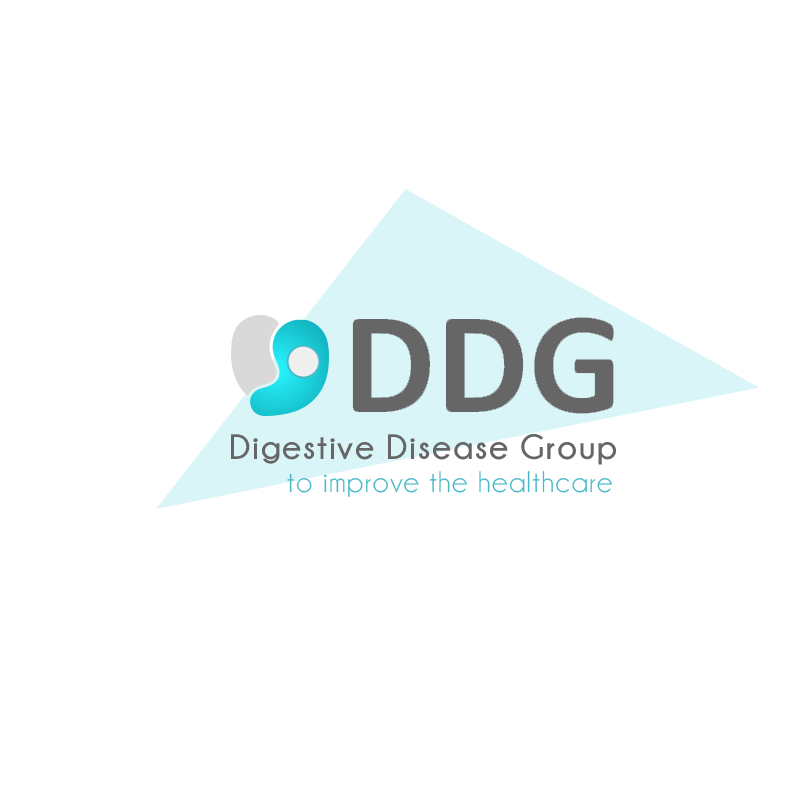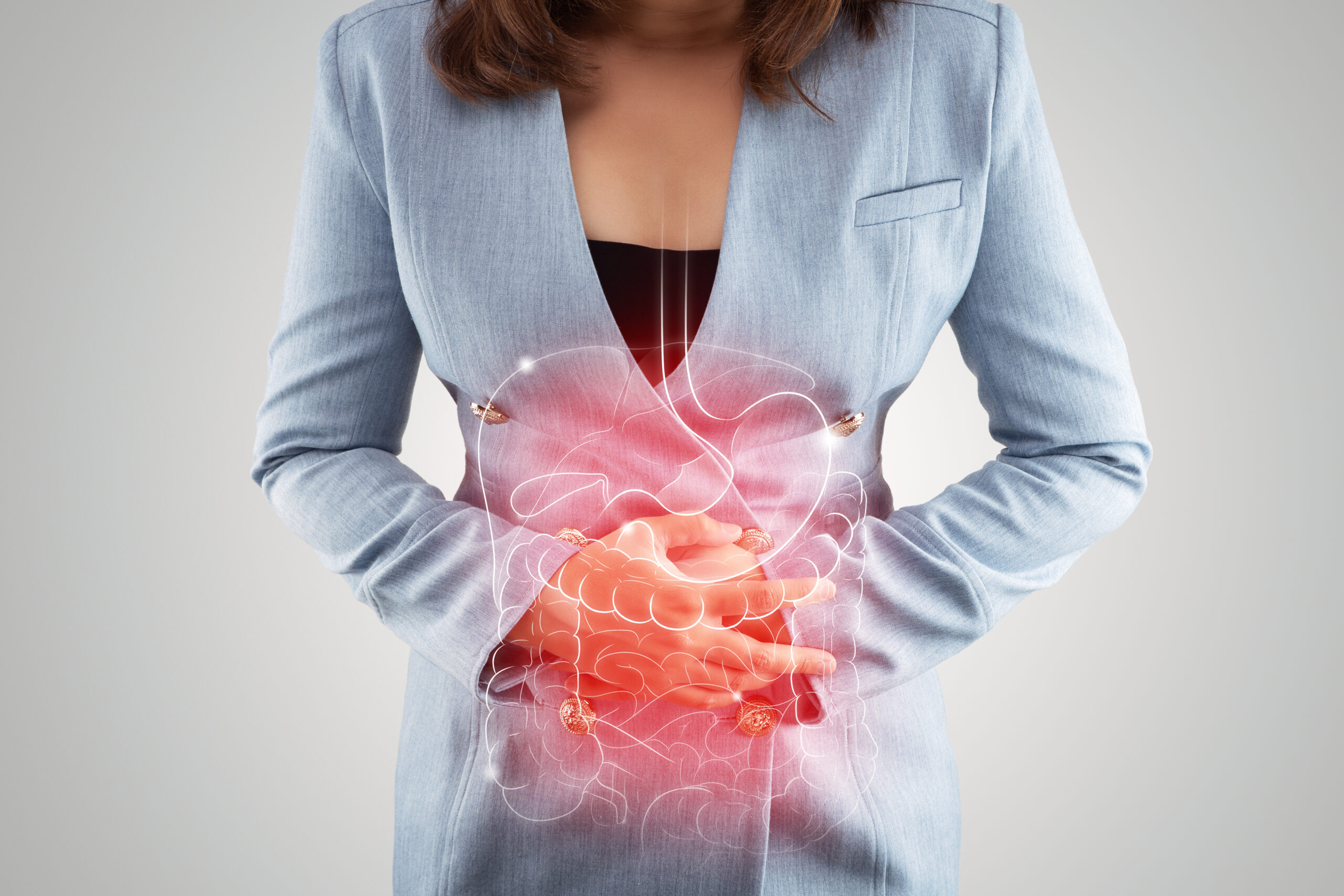
What tea to drink? Discover the different teas and their benefits
24 December 2021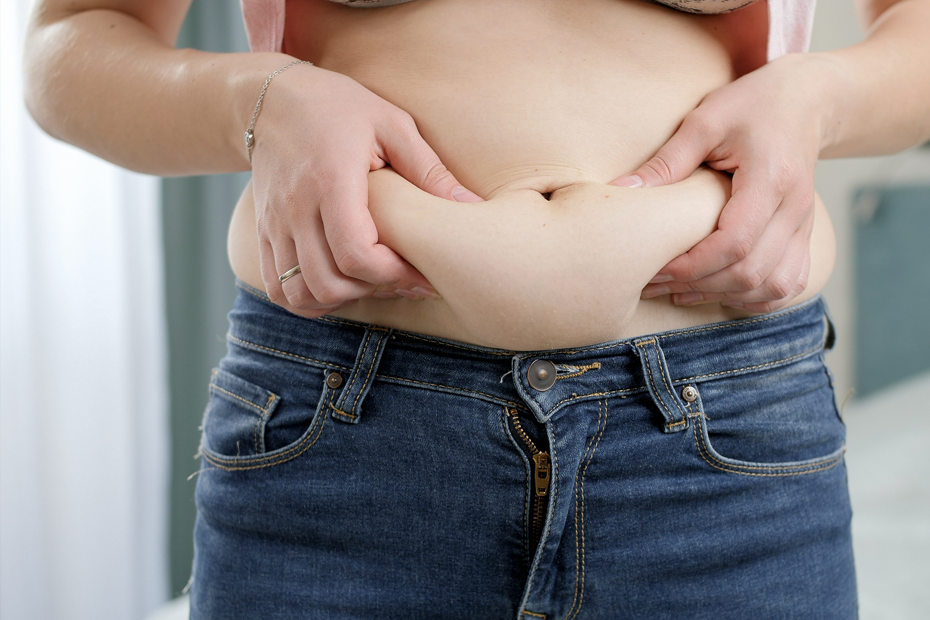
Cellulite: Explanation, Symptoms, Causes and Treatment
11 March 2022It is not uncommon to hear people complain of pain and bleeding during their bowel movement. Could it be a hemorrhoidal crisis? Sometimes there are reasons to think about it. Indeed, hemorrhoids result from the swelling and abnormal dilation of the vessels inside or around the anus. They are sometimes without harmful consequences on health.
However, the latter cause crises that are sometimes painful and inconvenient for their victims. Want to know more about hemorrhoids? In this article, we will discover the causes, symptoms and possible treatments.
Hemorrhoids: What is it?
Hemorrhoids are dilated vein structures located around the wall of the anus and inside the rectum. They are often solicited at the time of the saddle and have the role of regulating the output of the stool. As opposed to normal veins, hemorrhoids remain permanently dilated.
Hemorrhoidal disease or hemorrhoidal crisis, commonly called hemorrhoids, is a result of inflammation of the vascularized tissues located in the anal area. Depending on their location, we distinguish between internal hemorrhoids and external hemorrhoids.
External hemorrhoids
As their name suggests, external hemorrhoids form under the skin around the opening of the anus. They can cause swelling in the anal area. More sensitive than internal hemorrhoids, external hemorrhoids also have a high risk of causing a blood clot to form in a dilated vein.
Internal hemorrhoids
Internal hemorrhoids appear in the anus at the level of the lower part of the rectum and form a small protuberance. They can be classified according to different degrees according to their stage of evolution. In the absence of any intervention to slow down their evolution, the latter can progress from one degree to another.
- First degree: the hemorrhoid remains in the anus, we speak of hemorrhoidal prolapse. There could also be slight protrusions without exteriorization.
- Second degree: the hemorrhoidal prolapse comes out of the anus at the time of defecation and returns spontaneously to its normal position at the end of the effort.
- Third degree: the hemorrhoid comes out of the anal canal at the time of the saddle and requires the intervention of the patient who replaces it delicately with the fingers in its normal position.
- fourth degree: the prolapse of hemorrhoids can no longer be replaced inside and remains externalized causing many symptoms.
Hemorrhoids could enlarge and become pathological when the veins are badly repositioned in the anal cavity. It is then a hemorrhoidal pathology. This pathology is the cause of pain, prolapse and bleeding observed during defecation. However, it should not be confused with hemorrhoidal thrombosis.
Causes of Hemorrhoids
The first cause of the hemorrhoidal crisis is the deterioration of the sphincter. It is caused by repeated pressure on the anal or rectal veins due to excessive and prolonged efforts to defecate. The second reason is related to the hypertrophy of the sphincter. The third cause is related to the swelling of the hemorrhoidal plexus.
In addition, several other factors can cause or accentuate hemorrhoids, in particular:
- the constipation ;
- heredity;
- chronic diarrhea;
- poor posture;
- poor sitting or standing position;
In addition to these factors, other variables such as:
- excessive effort during defecation;
- lifting heavy objects;
- the overweight and obesity;
- anal intercourse;
- pregnancy and childbirth in women, etc.
In addition, dietary habits can also increase the tension exerted on the rectal veins and arteries resulting in hemorrhoid attacks.
What are the symptoms ?
Symptoms of hemorrhoidal attacks vary depending on the type of hemorrhoids.
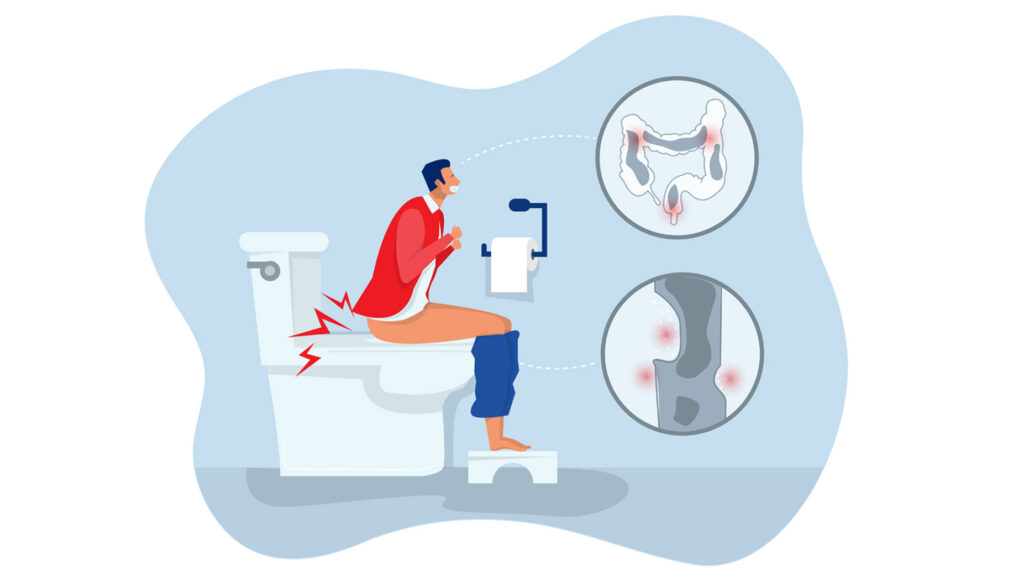
Symptoms of External Hemorrhoids
External hemorrhoids are often noticed by :
- a burning sensation
- painful itching
- irritation or swelling in the anal area
The patient may also notice oozing of mucus and small bleeding from the anus.
Symptoms of internal hemorrhoids
In the case of an internal hemorrhoid, there is a painless emission of small amounts of very bright red blood in the stool or on the toilet paper. However, this bleeding can be a sign of other diseases or inflammations such as anal fissure or certain cancers.
For this purpose, it is advisable to consult a doctor as soon as possible after the first appearance of bleeding. This blood loss could be accompanied by weakness, infection or dizziness.
Duration of symptoms
As for the duration of the symptoms, it depends on the degree of severity of the hemorrhoids. For example, without any treatment, the symptoms of less severe hemorrhoids may disappear within a few days.
On the other hand, prolapse-type hemorrhoids may take longer to heal. If they are large external hemorrhoids, they may take weeks to heal. In this case, it is recommended to consult a doctor and conduct local treatment.
Hemorrhoids: possible complications
Inflammation of the internal veins can cause them to exteriorize through the anal orifice. This prolapse causes discomfort or slight pain that could become more severe and brutal. In these cases of complications, blood clots form in the hemorrhoids. It is indeed a hemorrhoidal thrombosis painful, presenting a bluish tumefaction, but without danger.
Generally, the symptoms disappear between 1 or 2 weeks under treatments of analgesics and emollient laxatives which facilitate the bowel movement. Besides these symptoms, anemia due to hemorrhagic blood loss could be diagnosed. Also, ulceration may appear in the rarest cases.
Prevention of hemorrhoids
Prevention is better than cure, as the famous saying goes. Thus, in order to prevent hemorrhoidal attacks, it is advisable to:
- to drink a lot of water (minimum 1.5 l/day) between meals;
- eat enough fiber-rich foods such as fruits, vegetables and whole grains;
- avoid consumption of foods that tend to accentuate flare-ups such as spices, coffee, alcohol, etc. ;
- take the time to eat well in the morning;
We also recommend:
- do regular physical exercise to improve intestinal transit and boost the tone of blood vessels;
- control and maintain a healthy weight;
- avoid sitting still for too long;
- have a bowel movement when the need arises;
- avoid strenuous efforts when defecating;
- take fiber supplements to prevent recurrence of the attack.
Hemorrhoid treatments
For the most part, hemorrhoidal attacks are cured with or without home care. Medical treatments for internal and external hemorrhoids are based on analgesics and anti-inflammatories to soothe the pain. In addition, the use of laxatives contributes to the reduction of constipation. When the symptoms become repetitive, it is best to proceed to surgery to remove the hemorrhoids.
In addition, it is also possible to resort to natural remedies to obtain better relief. Certain medicinal plants such as witch hazel for example, allow the production of venotonic drugs which strengthen the blood vessels. Furthermore, horse chestnut is used to reduce the effect of inflammation and improve venous tone. It is advisable to take it in the form of capsules, twice a day until complete recovery.
Schedule a Consultation for Hemorrhoids
Hemorrhoids can be painful and uncomfortable, but solutions exist. At DDG Clinic in Brussels, we offer effective treatments to relieve the symptoms of hemorrhoids and improve your daily comfort.
